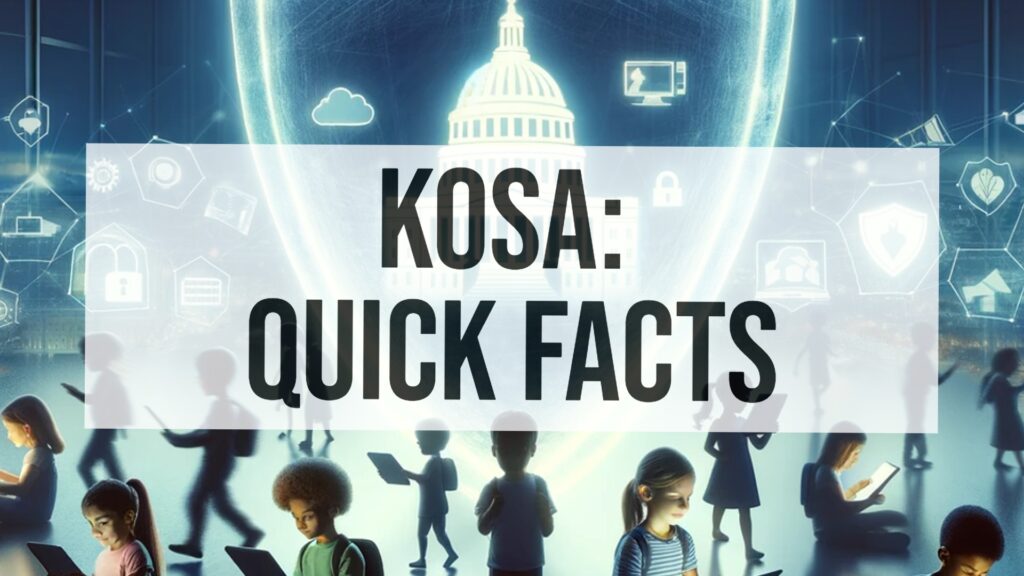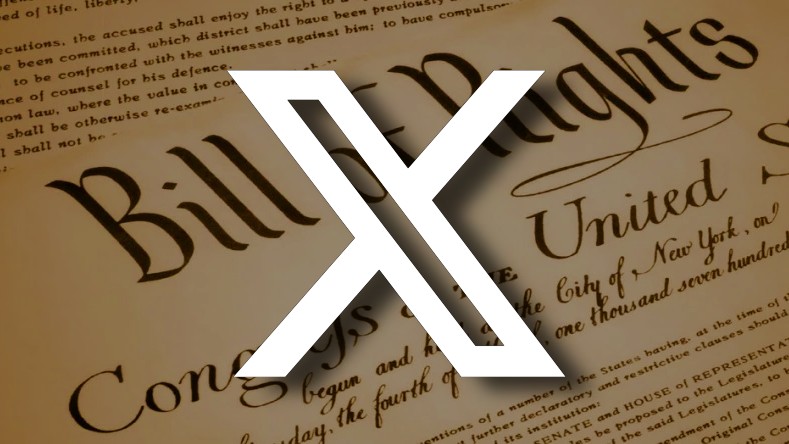Two trade associations – the Computer & Communications Industry Association and NetChoice, LLC sued the Attorney General of Texas over a Texas law called House Bill 18 (HB 18), which was designed to regulate social media websites. Plaintiffs, who represented major technology companies such as Google, Meta and X argued that the law violated the First Amendment and other legal protections. They asked the court for a preliminary injunction to stop the law from being enforced while the case continued.
Plaintiffs challenged several key parts of HB 18. Among other things, law required social media companies to verify users’ ages, give parents control over their children’s accounts, and block minors from viewing harmful content. Such content included anything that promoted suicide, self-harm, substance abuse, and other dangerous behaviors. Plaintiffs believed that the law unfairly restricted free speech and would force companies to over-censor online content to avoid penalties. Additionally, they claimed the law was vague, leaving companies confused about how to comply.
Defendant argued that the law was necessary to protect children from harmful content online. He asserted that social media companies were failing to protect minors and that the state had a compelling interest in stepping in. He also argued that plaintiffs were exaggerating the law’s impact on free speech and that the law was clear enough for companies to follow.
The court agreed with plaintiffs on some points but not all. It granted plaintiffs a partial preliminary injunction, meaning parts of the law were blocked from being enforced. Specifically, the court found that the law’s “monitoring-and-filtering” requirements were unconstitutional. These provisions forced social media companies to filter out harmful content for minors, which the court said was too broad and vague to survive legal scrutiny. The court also noted that these requirements violated the First Amendment by regulating speech based on its content. But the court allowed other parts of the law, such as parental control tools and data privacy protections, to remain in place, as they did not give rise to the same free speech issues.
Three reasons why this case matters:
- Free Speech Online: This case highlights ongoing debates about how far the government can go in regulating content on social media without infringing on First Amendment rights.
- Children’s Safety: While protecting children online is a major concern, the court’s ruling shows the difficulty in balancing safety with the rights of companies and users.
- Technology Lawsuits: As states try to pass more laws regulating tech companies, this case sets an important standard for how courts may handle future legal battles over internet regulation.
Computer & Communications Industry Association v. Paxton, — F.Supp.3d —, 2024 WL 4051786 (W.D. Tex., August 30, 2024)







